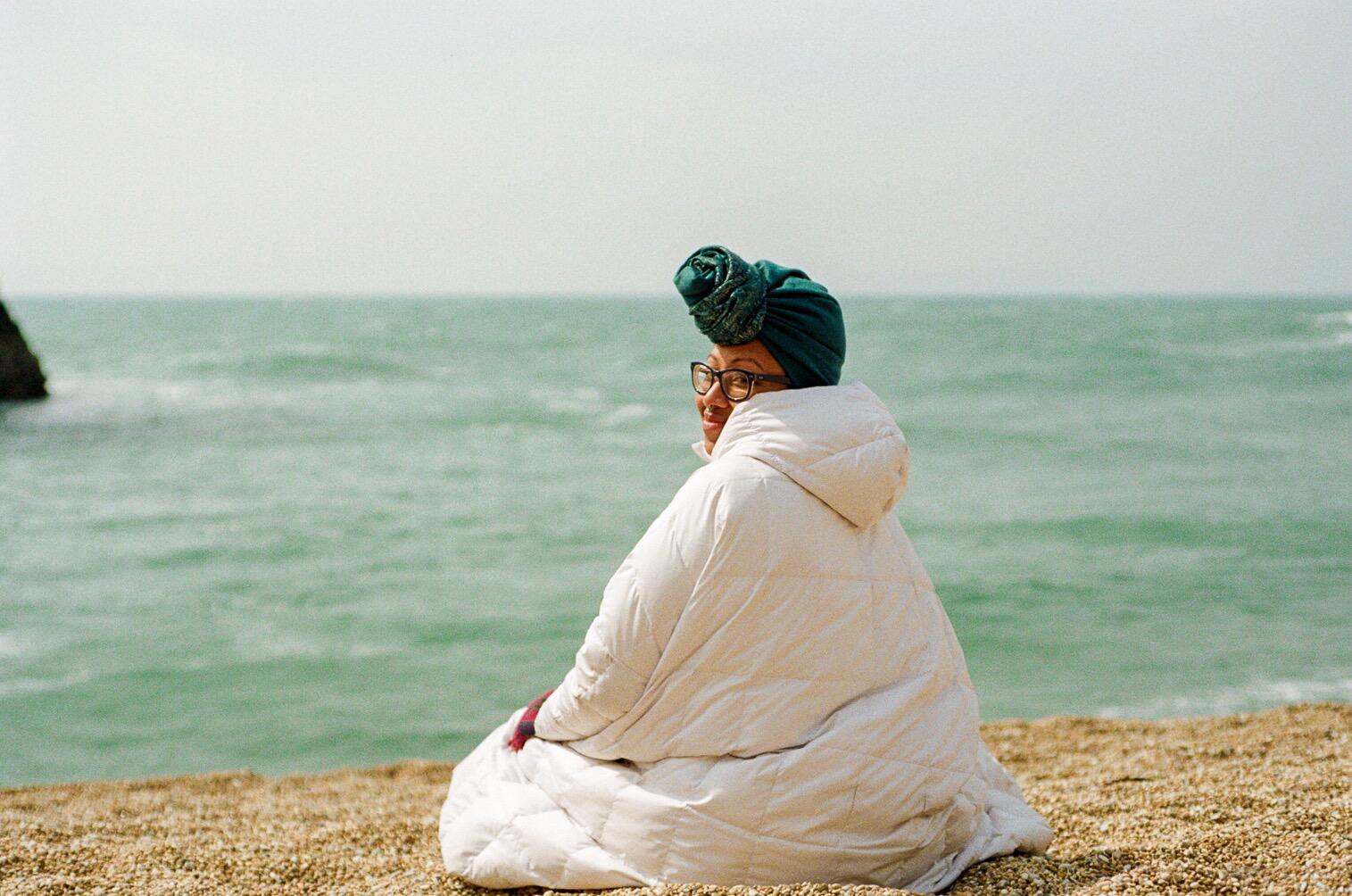Today’s been a quiet day, well suited for the pace of this break and allowing for moments of reflection. It reminded me of the idea that the way we perceive time isn’t in the discrete seconds, minutes and hours of a clock, but in ‘experiences’. This explains why a holiday in a new environment can feel like it goes on for ages, while we can barely remember the discrete days of going to work, or school - they all blur into one ‘general’ memory.
***
Connected to the piece I shared yesterday referencing men and their lack of close friends, I found this article on Venture Capitalists backing companies that purport to have a mission around ‘creating connection’ and battling loneliness. Capitalism hates a vacuum, indeed.
As someone who has moved to three different cities in the past six years, I’m familiar with the challenge of moving to a new environment, and the difficulties associated with building close friendships, the kind that truly sustain you. To think that one could monetize that process seems… not only concerning, but in some ways missing the point of what friendships are built on: vulnerability, authenticity, respect.
The piece does differentiate between those who are temporarily lonely and those who are chronically so. Those who are temporarily so are looking for jump-starts to connections (something that is truly helpful when relocating to a city, especially as a freelancer without a pre-set social group to join), while the chronically lonely may find the process of overcoming social pain excruciating.
Placing someone whose brain is in overdrive into a social setting with strangers “could actually make things worse,” Cole says. These companies are attempting to address a clear societal need, but “we get confused by the hunger and what it’s for.”
Reading articles like this often deeply saddens me, as it seems like a uniquely unfair affliction in a world full of people. I often wonder how we can better design our societies so folk do not find themselves chronically alone, and question how such a cultural change would occur: is it about legislative change (don’t think so), economic change (potentially, given captialism’s role in our obsession with productivity above all, including relationships) or even changes in the religious institutions and expectations in a society? Bear in mind that these reports are often Anglo-centric. A cursory look online unearthed a few interesting reads on the capitalistic and Western nature of this ‘modern’ day phenomenon:
One of the more insightful pieces was on a favourite website of mine, Aeon:
The contemporary notion of loneliness stems from cultural and economic transformations that have taken place in the modern West. Industrialisation, the growth of the consumer economy, the declining influence of religion and the popularity of evolutionary biology all served to emphasise that the individual was what mattered – not traditional, paternalistic visions of a society in which everyone had a place.
The author raised an interesting point though that I hadn’t really considered (highlighting my own blind spot!)
Presuming that loneliness is a widespread but fundamentally individual affliction will make it nearly impossible to address.
…loneliness can exist only in a world where the individual is conceived as separate from, rather than part of, the social fabric. It’s clear that the rise of individualism corroded social and communal ties, and led to a language of loneliness that didn’t exist prior to around 1800.
It would appear that ultimately, the way we currently organise ourselves in the West will continue to produce chronically lonely people. The focus on the individual is damaging us: the individual as separate from the social fabric, as wholly responsible for and focused on themselves alone, and as primarily economic-value-producing assets - this individual is not set up for success.
Ah. It makes me grateful for having grown up in a household of religious and communal obligation (despite my grumbling at the time!) for at least I understood I had a place.
The question becomes, how does one maintain that place when you move? When you leave those bonds of community and obligation to a place nobody knows - or cares - who you are?
A question for another day, perhaps. In the meantime, enjoy this pic of me in my new hijabi hat: the Papakhi, the woolen hat worn by men in the Caucasus. Whaddya reckon? ;)
Not my actual hair.














